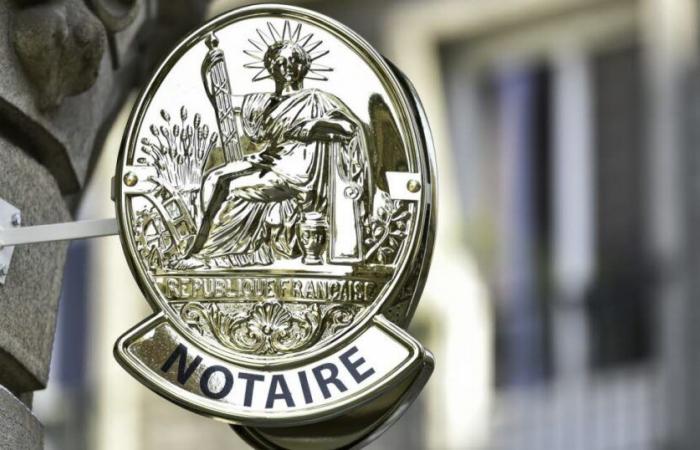The subject of inheritance tax is sensitive, and Oxfam is not ignoring it. But the NGO pointed out this Tuesday “the gap between perception and reality”. 80% of French people are opposed to increasing inheritance tax? However, nearly 90% are not concerned: only 1 in 10 French people inherit more than 100,000 euros during their lifetime – the threshold for taxation in a direct line (parents-children).
At the same time, the richest 0.1% (one in 1,000 French people) inherit an average of 13 million euros, which largely escape this “death tax”: they only pay around 10% in inheritance tax. Far from the 45% that is supposed to apply to the bracket above 1.8 million euros. The cause: numerous dedicated schemes, exemptions and other tax loopholes. A simulation shows that the 25 French billionaires over the age of 70 are expected to pass on more than 460 billion euros in super-inheritances over the next 30 years. What is the shortfall for the State according to Oxfam? 160 billion, or more than five billion per year. This is practically the annual budget of the Ministry of Agriculture (six billion), and more than that of Culture (4.4).
Barnier wants to restore “tax justice”
When leaving Bercy, Bruno Le Maire called on his successor not to increase taxes. But what about inheritance tax? When he arrived, the new Prime Minister Michel Barnier called for greater tax justice, without detailing his plans. Oxfam proposes, first, to tax “normally” the inheritances of the richest in order to restore public finances. “What most people own and inherit would not change: we are not saying that the richest should be ultra-taxed, we are just asking that they be subject to the normal rules”, concludes Cécile Duflot, director of Oxfam.
The legacy of the richest in figures
Oxfam points out that inheritance has become the main “way” to become ultra-rich in France today. Thus, among the nine new French billionaires of 2024, seven became so by inheriting their fortune. They are among the French “super-heirs”, the 0.1% with the highest wealth: their average inheritance of 13 million euros represents 180 times the median inheritance.
Above all, the wealthiest can – already, like any taxpayer, but few have the means – pass on to each of their direct heirs more than half a million euros every 15 years without the slightest taxation, thanks to various tax systems.
Finally, while 81% of French people say they are opposed to increasing inheritance tax, nearly 60% of them say they are in favour of higher taxation of the highest inheritances, according to a Verian poll for Oxfam.
Among the bêtes noires designated by Oxfam, the famous “Dutreil pact”, which excludes without any ceiling up to 75% of the assets of an inheritance if it is a company. This mechanism alone costs the State up to three billion euros per year, according to the Economic Analysis Council… almost the budget of the Ministry of Health. “The Dutreil pact protects fortunes, not at all the companies and small businesses” for which it was set up, insists Cécile Duflot.
The former minister is instead considering a ceiling, which would protect “real” family businesses rather than the super-rich heirs of multinationals. As well as an integration of life insurance contracts into the classic scale, without the specific allowance that is added to the others and favors, once again, the most substantial assets. “A single and progressive tax scale would make it possible to avoid the overlapping of allowances, as well as to erase the differences in taxation based on family ties,” she believes.






